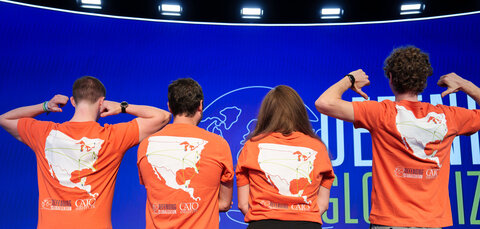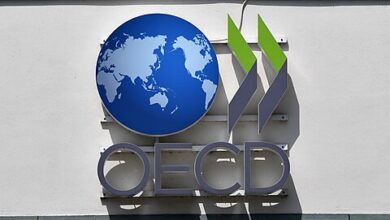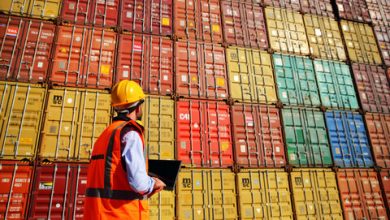I, T-Shirt

Skeptics routinely mention “cheap t‑shirts” from abroad as an insufficient counterweight to globalization’s supposed costs. This argument, however, misunderstands the modern global economy and the many people here and abroad involved in making even the simplest of products. So, as part of Cato’s Defending Globalization project and working with a major multinational clothing retailer, we made our own t‑shirt to document its surprisingly complex supply chain, which involved dozens of people in several countries, including the United States. We also created a new website documenting the t‑shirt’s journey from idea to doorstep and letting users explore the shirt’s many stages of production. Here, for example, is the design stage, which involved people in Seoul, San Francisco, Raleigh (NC), Washington, Miami, and Guatemala. When you click on Miami, you see that someone there helped with the shirt’s 3D rendering.
Five other stages are detailed at the website, so be sure to check out (and scroll/click through) the whole thing.
As our project has shown, the free movement of things, people, capital, and ideas—aka “globalization” —has many benefits beyond just inexpensive clothing. Still, our t‑shirt’s journey shows that even the simplest of goods today generates economic activity far beyond just its manufacture and consumption. Its label reads “Made in Guatemala,” but, in truth, the shirt was made all over the world, via a web of voluntary human interactions so complex that no label or person could hope to describe it.
Just as Leonard Reed’s famous “I, Pencil” essay first taught us decades ago, in today’s global economy, even a “simple” t‑shirt is anything but.





